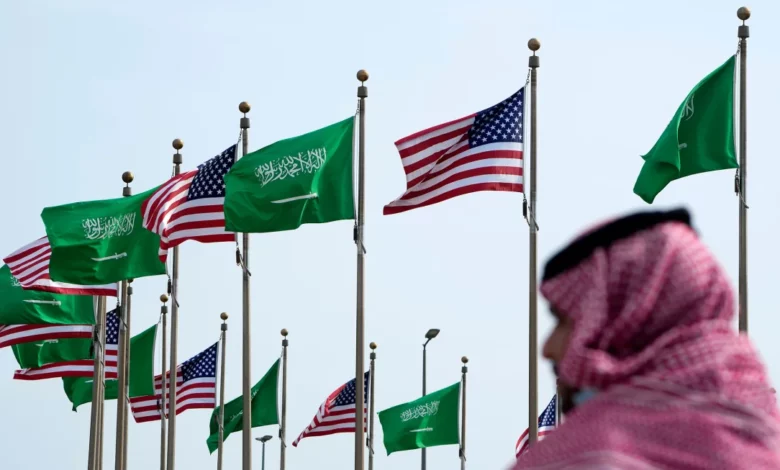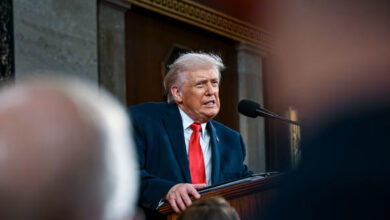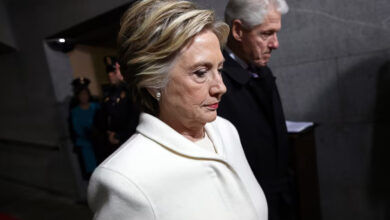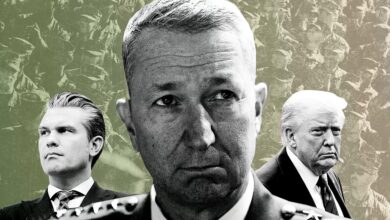
“As part of this policy, our administration froze the sale of certain classes of offensive weapons, while also maintaining sales of systems to the kingdom required to defend itself from attack,” State Department spokesperson Vedant Patel said at a news briefing. “We also always made clear that the freeze on certain classes of weapons was conditional, and it was based on Saudi Arabia’s policy towards Yemen and efforts to improve civilian harm mitigation measures.”
“The Saudis since that time have met their end of the deal, and we are prepared to meet ours, which means returning these cases through regular order, with appropriate congressional notification and consultation,” Patel said.
A State Department official said the ban is being lifted on the sale of certain types of air-to-ground munitions, and that they “will consider new transfers on a typical case-by-case basis consistent with the Conventional Arms Transfer Policy.”
At the outset of President Joe Biden’s tenure, the administration suspended offensive weapons sales to Riyadh amid concerns about the toll of the Saud-led war against the Houthis in Yemen, which killed thousands of civilians. The fighting was brought to an end by a UN-mediated truce in the spring of 2022. That truce has held beyond its official expiration – even as the Houthis have ratcheted up their aggression in the Red Sea in purported response to Israel’s war in Gaza.
Asked why it took so long to lift the freeze on offensive arms sales, Patel said, “These things are processes, they take time.”
“This policy was combined with intensive diplomacy, including direct diplomacy with the Saudis on a path to winding down the war,” he said, adding that since the UN mediation, “there has not been a single Saudi airstrike into Yemen and cross-border fire from Yemen into Saudi Arabia has largely stopped.”
“We’ve also seen and been able to assess at a closer detail that Saudi Arabia has implemented a number of improvements in civilian harm mitigation procedures, including modernizing its strike planning processes to align with US processes and continuing to participate in a number of US-led trainings and joint exercises,” Patel said.
Patel denied that the lifting of the suspension was linked to the administration’s ambitious plan for post-war Gaza and Israel-Saudi normalization. He acknowledged, however, that “Saudi Arabia has remained a close strategic partner of the United States, and we look forward to enhancing that partnership.”




